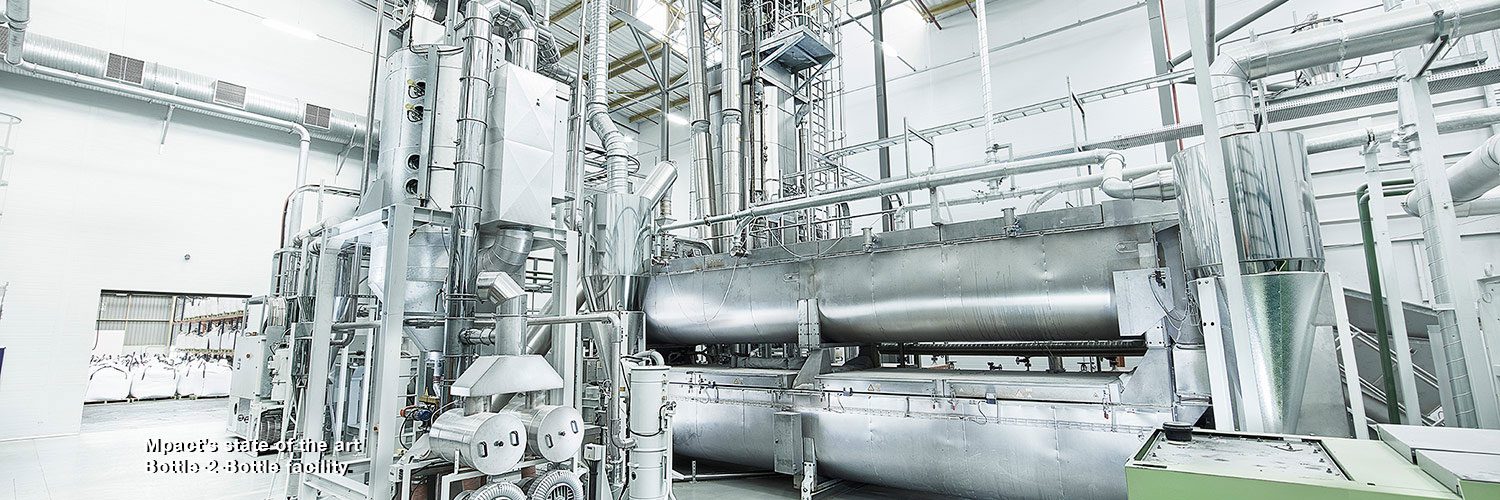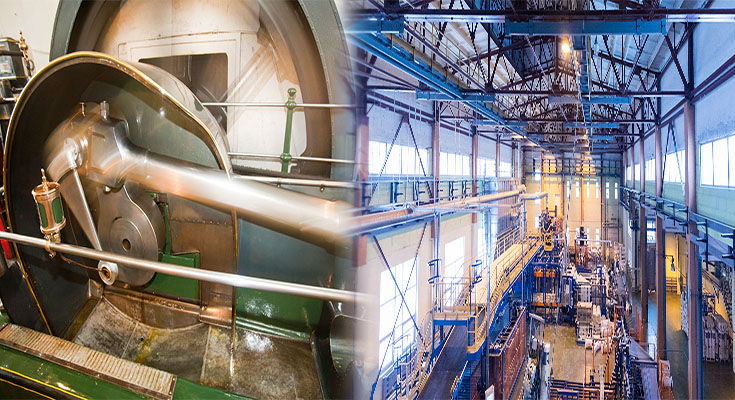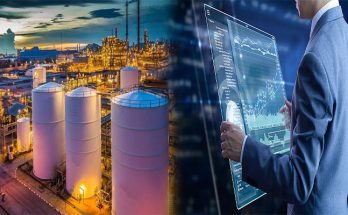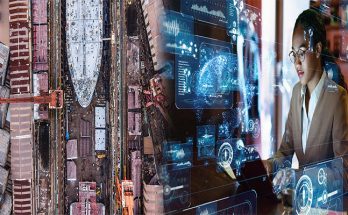Economic development is a multifaceted process that involves the growth and improvement of the economy of a region through various strategies and initiatives. Central to this progress are the different types of industries that contribute significantly to job creation, innovation, and overall economic prosperity. From traditional sectors like agriculture and manufacturing to emerging industries such as technology and renewable energy, each plays a vital role in shaping the economic landscape and driving sustainable growth.
Traditional Industries:
- Agriculture: The agriculture industry has long been a cornerstone of economic development, providing food security, employment opportunities, and income generation. In rural areas, agriculture serves as a vital source of livelihood for communities and contributes to the overall economic stability of a region.
- Manufacturing: The manufacturing sector encompasses the production of goods through various processes and technologies. Manufacturing industries drive innovation, export growth, and value-added activities that contribute to the economic diversification and industrialization of a nation.
- Construction: The construction industry plays a pivotal role in infrastructure development, urbanization, and real estate growth. From building new roads and bridges to constructing commercial and residential properties, the construction sector drives economic activity and creates employment opportunities.
Emerging Industries:
- Technology: The technology sector, including software development, information technology, and telecommunications, represents a driving force in economic development. Technological innovation fuels advancements in productivity, digital transformation, and global competitiveness, positioning countries at the forefront of the digital economy.
- Renewable Energy: As the world transitions towards sustainable energy sources, the renewable energy sector emerges as a key player in economic development. Industries such as solar, wind, and hydroelectric power offer environmentally friendly alternatives, create green jobs, and reduce dependence on fossil fuels.
- Healthcare: The healthcare industry encompasses a broad range of services and technologies aimed at promoting wellness, treating illnesses, and improving quality of life. Healthcare investments drive economic growth by providing employment opportunities, fostering research and development, and enhancing access to healthcare services.
Service Industries:
- Tourism: The tourism industry plays a significant role in economic development by attracting visitors, generating revenue, and supporting local businesses. Hospitality, travel agencies, and recreational activities form part of the tourism sector, contributing to job creation and cultural exchange.
- Finance: The financial services industry, including banking, insurance, and investment management, facilitates capital allocation, risk management, and economic stability. Financial institutions play a critical role in funding businesses, promoting entrepreneurship, and driving economic growth through various financial products and services.
Navigating Industry Dynamics for Sustainable Growth
In the dynamic landscape of economic development, understanding the diverse types of industries and their respective contributions is essential for fostering sustainable growth and prosperity. Governments, policymakers, and stakeholders must collaborate to identify opportunities for industry diversification, innovation, and job creation to drive economic vitality and resilience.
By fostering a conducive environment for existing industries to thrive and supporting the growth of emerging sectors, regions can harness the collective potential of diverse industries to build a robust economy that is adaptive, competitive, and inclusive. Embracing industry diversity and leveraging sector-specific strengths serve as pillars for sustainable economic development and lay the foundation for a prosperous future.





